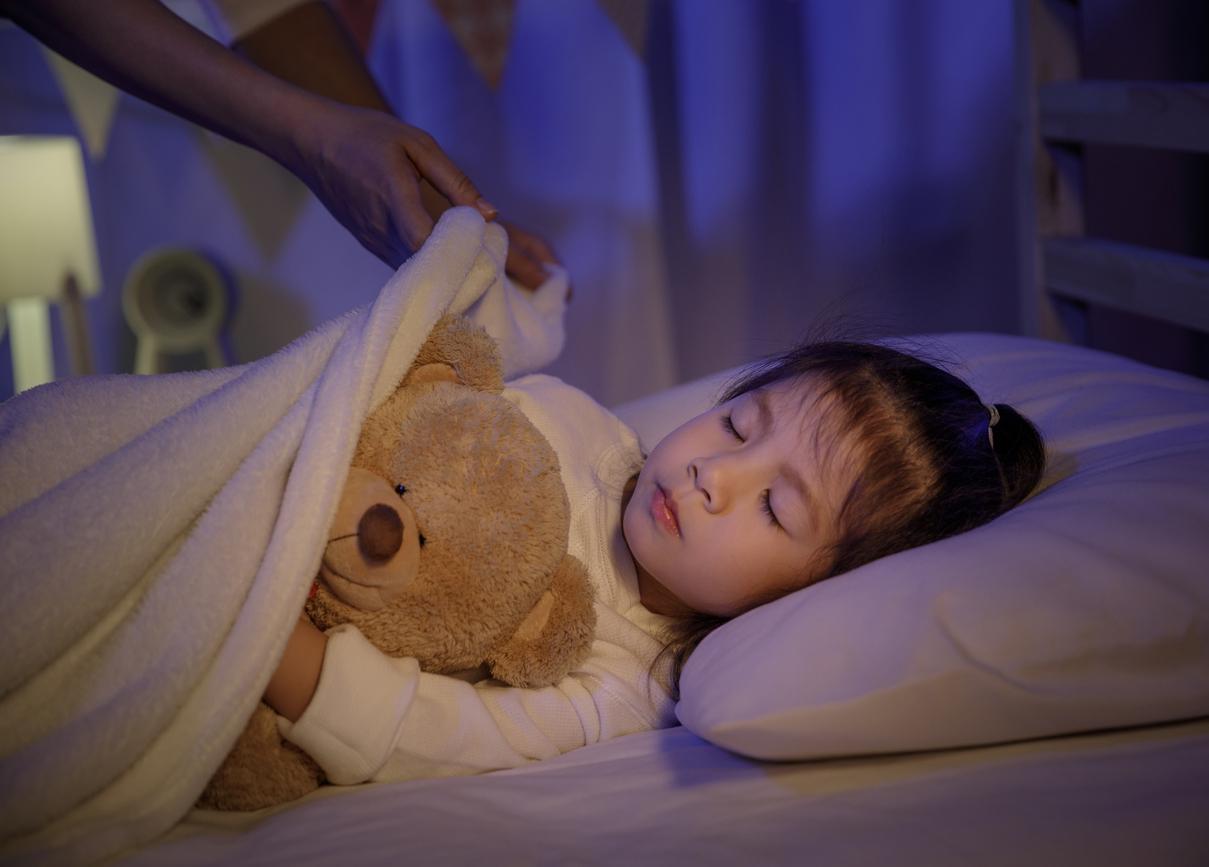On the night of October 29 to 30, the clocks will switch to winter time and thus go back one hour (at 3am, it will be 2am). If we gain an hour of sleep, the sun will set an hour earlier. Twice a year, this time change leads to re-evaluate sleep habitsand in particular the time at which you should (ideally) get out of bed.
According to British experts, the optimal time to wake up would be 7:28. But why this exact time? It actually corresponds to the average sunrise time in October in the UK, which is supposedly the optimal time to start the day. At the same time, they noticed that the sun sets on average at 5:54 p.m., which is the best time to end your working day and start winding down for the evening.
Note that in France, the average sunrise time in October is 8:09 am.
“We are very sensitive to sunrise and sunset because we evolved to live on a planet that rotates between light and dark.says Dr. Guy Meadows, sleep specialist at the HuffPost UK. So when the sun comes up, that light hits the light-sensitive cells in our eyes, which then triggers the biological clock to release cortisol and give us that ‘get up and go.”
Lack of sleep can not only have an unprecedented impact on the energy you will have throughout the day, but it can also impact your skin, increase your stress or cause serious health problems. such as diabetes or heart disease. And with the arrival of winter time, the reduced daylight hours may cause some inconvenience.
According to this study, the key would therefore be to “take inspiration from natural light sources and adapt your sleep schedule to better manage your circadian rhythm and avoid sleep debt”according Stylist.
Adopt a good sleep routine
However, this study does not take into account hundreds of other factors influencing sleep. For example, if you work early in the morning, getting up between 7 and 8 a.m. probably won’t give you enough time to get ready. If you have children, they may wake up well before 7 a.m., in which case you need to get up too.
If light and darkness are indeed elements that help us synchronize our biological clock with the time zone in which we live, they are not the only ones that will affect our waking time. Our daily habits – either when we choose to go to bed and when we choose to get up – or the chronotype – the influence of our genetics on our sleep pattern – can also affect the synchronization of our biological clocks.
Waking up to sunlight may indeed be helpful for some, but waking up at a specific time every day won’t fix everyone’s sleep issues either. “If we want the best advice right off the bat, make sure you get enough sleep, because then that will influence how you wake up.”adds Dr. Meadows.
Finally, following a bedtime routine is the best thing you can do to sleep well all year round. “Go to bed and get up at the same time every day is perhaps the best habit you can have, not only for your sleep but for your overall health.”he finishes.
















